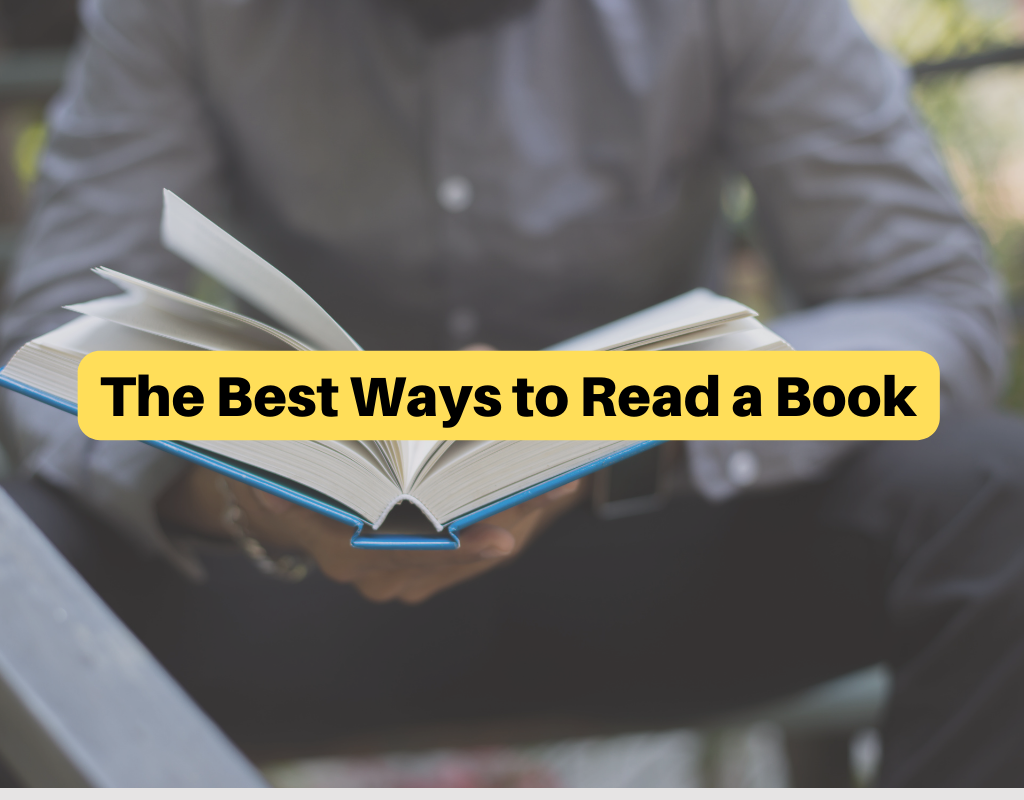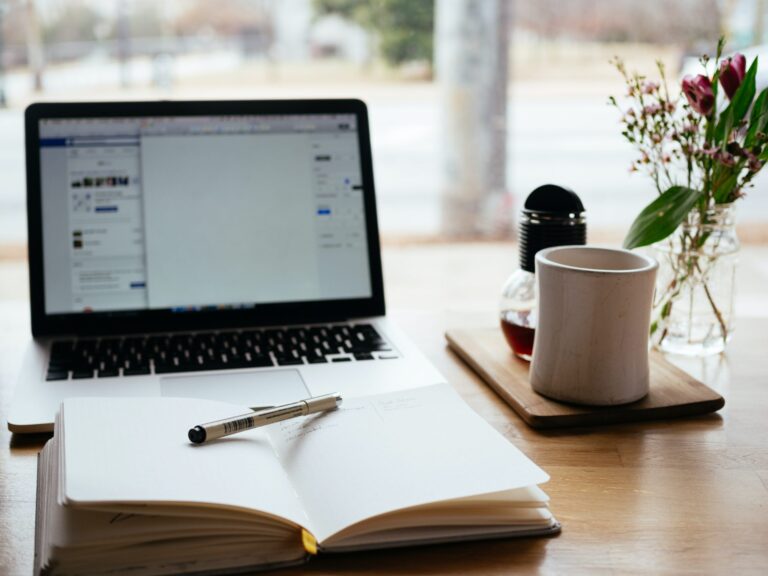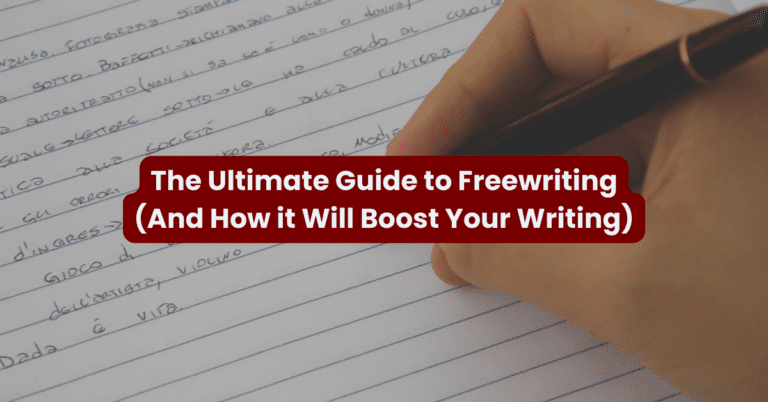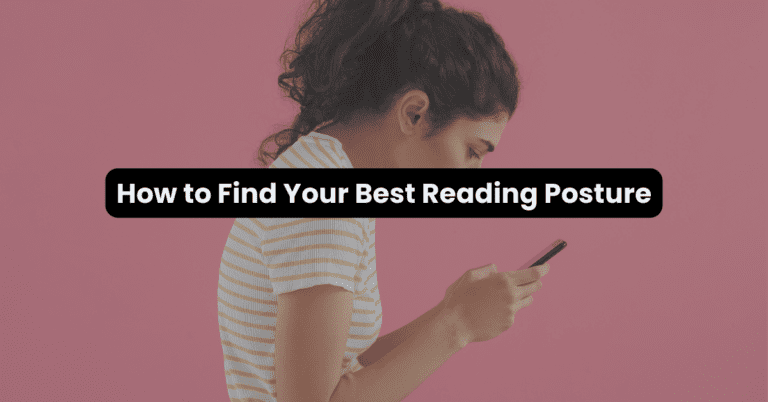Most people start reading a book with good intentions. They want to learn something new, or escape into a different world for a while.
But all too often, those intentions are quickly forgotten as the pages start to blur together.
If you’re struggling to maintain your focus while reading, you’re not alone. It’s a common problem, but there are ways to overcome it.
In this post, we’ll share seven of the best ways to read a book more effectively. By taking these steps, you can improve your comprehension and make the most of your reading time.
So whether you’re looking to learn something new or just escape the everyday grind for a while, start with these seven tips and you’ll be on your way to becoming an avid reader in no time.
14 of the best ways to read a book- how to make it easy and impactful
Here are all the tips you need to read better. No matter what you’re reading, whether it’s a fantasy novel or an academic paper, these tips will help you out.
Just find the right combination of things that work for you and you’ll find yourself reading more… and enjoying it too.
1. Use Book Recommendations and lists to pick the right books
As any avid reader knows, finding the right book can make all the difference. A good book can provide hours of enjoyment, transport you to new worlds, and introduce you to new ideas and perspectives.
Conversely, a bad book can be a frustrating and even painful experience.
So how can you ensure that you pick the right book? One method is to take advantage of lists and recommendations.
Both free and paid websites offer lists of recommended books in a variety of genres, and these can be a great starting point for your search.
For example, check out Bill Gates’s book recommendations. You’ll find yearly book lists as well as themed suggestions.


I made a list of recommendations for content writing books too – for those who want to learn content writing.
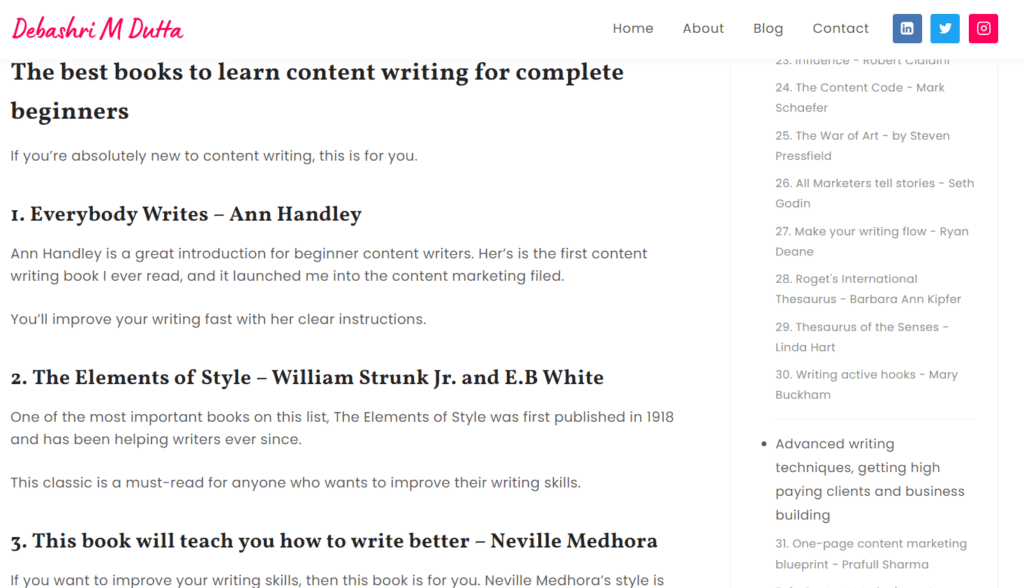

Some places you should check out are Goodreads, Reddit’s Suggest Me a Book, and blogs by avid readers.
Check out online news sites and even Amazon to read user reviews for new books. Reviews will give you insight into whether or not a particular book is right for you.
Another strategy is to focus on a specific genre or topic that interests you. By zeroing in on your area of interest, you’ll be more likely to find a book that captivates and engages you.
Sometimes, you won’t have a choice. You’ll have to read a specific book for studies or work. In this case, could look at summaries and reviews to boost your motivation to read it.
Of course, don’t be afraid to ask your friends, family, and even your teacher or librarian for suggestions. Getting personal recommendations is often the best way to find your next great read.
And they might suggest alternatives to the books you must read to help you out.
2. Choose the right format
There are so many different ways that people can choose to read these days. There are e-readers, tablets, mobile reading apps, desktop apps, and physical books.
But some people can only read with physical books while others need something portable like an ebook.
If you want to read more – choose the right format for you.
Different readers have different reading preferences. Some people might like the feeling of flipping pages while others prefer the portability of an ebook.
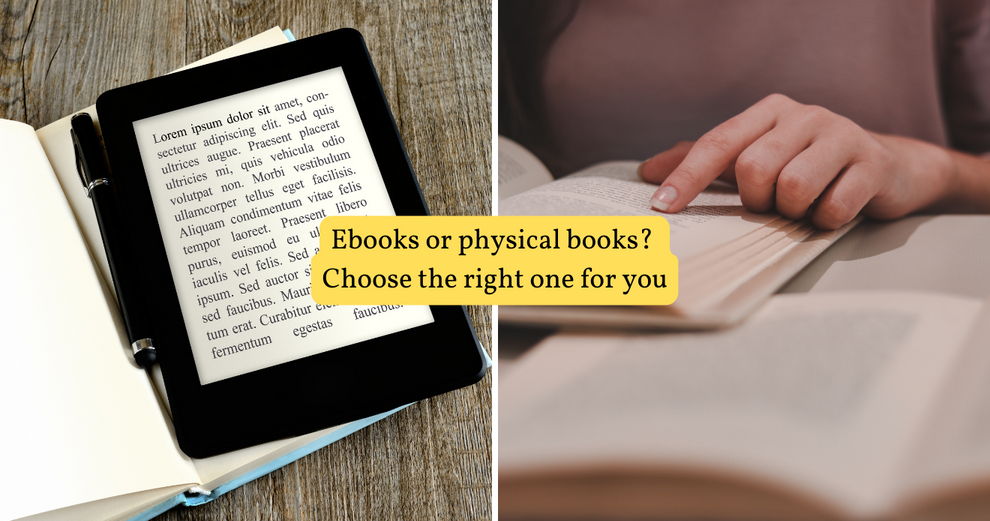

Whether you’re reading for pleasure or reading to learn, the important thing is that you’re reading consistently.
So whether you buy a physical book off a shelf or carry your Kindle or phone in your bag, just work with what is right for you.
Don’t underestimate the impact that the right format can have on you. Invest in an ebook or sell your paper books if you have too many at home.
But the key is to use something that you’ll stick with.
3. Create reading goal for yourself
If you’re like most people, you probably start with good intentions to read more.
But somehow, a short while later, you find yourself with nothing new on your reading list.
One way to make sure that you stick to your reading goals is to set a specific goal for yourself.
For example, commit to reading one book per month, or 50 pages per week. Having a tangible goal will help you stay on track and make reading a priority.
In addition, setting a goal will help you to improve your reading habits.
You’ll become more selective in the books that you choose to read, and you’ll be more likely to stick with a book if it’s not interesting instead of moving on to something else.
So if you’re looking to make reading a more important part of your life, setting a goal for yourself is a great place to start.
4. Find a comfortable space and remove distractions
In order to get the most out of your reading experience, it is important to find a comfortable space where you can focus on the material. For some people, this may be their bedroom, while others may prefer a quiet spot in the library.


Regardless of where you choose to read, it is important to reduce distractions as much as possible. This means turning off your phone and any other devices that may make noise, and shutting out any external noise sources if possible.
Once you have settled into your comfortable space, take a moment to explore the book. Skim through the table of contents and look at the chapter headings to get a sense of what material will be covered.
As you read, make note of any especially interesting or relevant passages that you want to talk about with others or explore further. By taking the time to prepare yourself before diving into a book, you can ensure that you get the most out of your reading experience.
5. Take Notes while you read
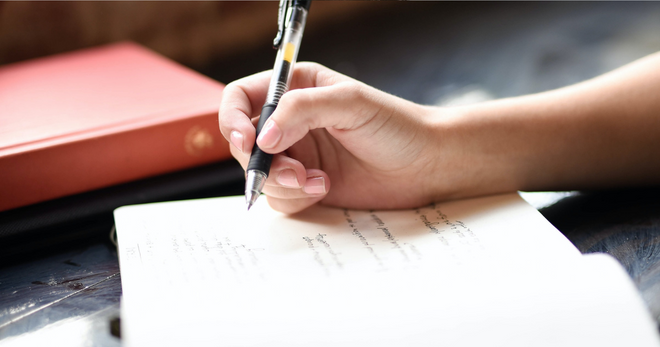

This tip doesn’t apply when reading fiction (unless you find it hard to track different characters – happens to me a lot) but note-taking is a great habit to get more from your reading.
When reading, you might not get all the information you need from the text or material.
But taking while reading helps you identify what is important and relevant to the topic. You can also go back and review your notes later. This helps you retain the knowledge you’ve learned.
Also, take notes while you critically engage with the text. You can ask them questions and make connections between the concepts in the text and their own lives.
Taking notes while reading is great for students to focus and prevent you from getting distracted ensuring that you get more out of their reading.
6. Don’t skim over details
One of the most important reading habits you can develop is reading a book or article thoroughly.
Many people, whether they are students, researchers, or casual readers make the mistake of jumping over notes, introductions, or entire chapters because they seem unimportant.
However, that’s a mistake.
Good books are a body of work that covers a topic or story with great detail. You’ll miss a lot by skipping a page or even a line.
Especially when you’re trying to build your skill in some area.
It’s the details that hold the most important points of a piece of writing. So, spend some time on the details. You’ll find that the overall experience becomes meaningful and you’ll remember more than you realize.
7. Pace yourself
When you’re trying to read more, it can be easy to get caught up in the momentum and try to speed through a book.
However, reading quickly is not always the best way to get the most out of what you’re reading.
Instead, take your time and focus on understanding the material. This doesn’t mean that you have to read every word slowly. But, it does mean that you should take breaks when necessary and re-read sections that you don’t fully understand.
Another benefit of pacing yourself is that it allows you to enjoy the experience more. Reading should be enjoyable, so take your time and savor the material.
8. Create a routine that includes reading
One of the best ways to make sure that you read more is to create a reading routine.
This means setting aside time each day, or each week, to sit down and read.
Some people prefer to read before they go to bed as it’s a great way to wind down and they’re free from all chores and distractions.
Other read as soon as they wake up as they feel the most mentally active at that time.
While some people rely on fixing a number of words to read per day or week. And it doesn’t matter when they decide to read.
Having a routine will shift the experience of reading from being a chore to a fixture in your life.
At first, you might find reading books hard but the more you keep doing it, the more you’ll love it.
In fact, you’ll feel like you need to read a book to experience comfort and happiness.
So, set up a routine and stick to it for a few weeks, soon enough you’ll start reading without thinking about it.
9. Join a reading challenge to motivate yourself
Joining a reading challenge is a great way to motivate yourself to read more. You can set a goal for yourself, and be more accountable to reach it. Another way to leverage challenges is to join a book club.
This can provide built-in motivation, as you’ll have fellow readers to discuss the book with each week. Knowledge sharing is another big benefit of book clubs.
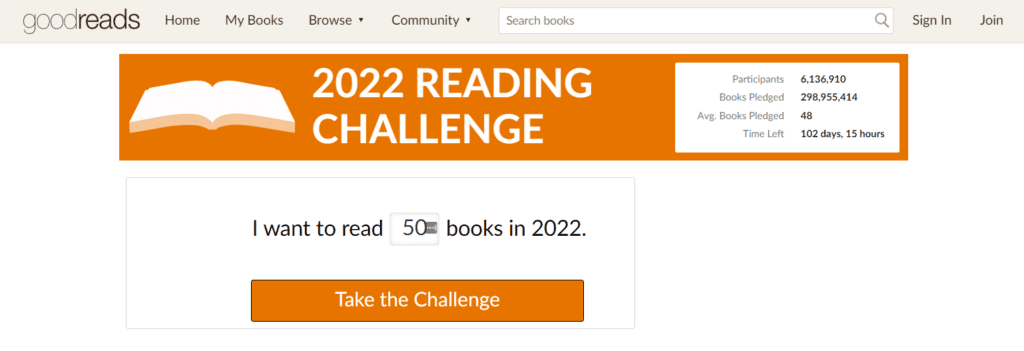

You can get different perspectives on the chapters you read, and begin to see the story in a new light. Whether you’re looking for intrinsic or extrinsic motivation, joining a reading challenge is a great way to make sure you keep up with your reading goals.
10. Participate in online discussions
Once you’ve read a book or an interesting post, think about discussing what you’ve read with others online.
There are platforms like Goodreads, where you can connect with other readers and discuss the books you’re reading. You can ask and answer questions and spend time seeing what other people think about the writing.
This is a great way to deepen your understanding of the material, as well as get recommendations for what to read next.
When you’re looking for a more in-depth discussion, Reddit has subreddits for almost everything imaginable. It won’t be hard to start a discussion on a story or piece of writing.
11. Leave a review
How does writing a book review help you understand a book better?
For one thing, it forces you to recall the major plot points and themes. This is a great way to ensure that you’re really understanding what you’re reading.
It also allows you to think critically about the book, and whether or not you would recommend it to others.
Writing a review is also a great way to get started in online discussions. You can post your review on platforms like Amazon and Goodreads and see what other people think.
This is a great way to get different perspectives and learn more about the book you just read.
12. Practice gentle focus
For the average person, reading is a relatively easy task. However, for those who struggle to focus, it can be a real challenge. The key is to practice ‘gentle focus’.
This means being aware when your mind wanders, acknowledging it, and getting back to reading.
It may seem difficult at first, but with some patience and perseverance, it will become a habit. In no time, you’ll be breezing through novels with ease and experiencing greater retention of information.
So don’t force it – practice gentle focus instead. Your mind will thank you for it in the long run.
13. Try to finish what you start
Online advice says that it’s okay to drop reading a book if it gets uninteresting.
However, I disagree – except for rare cases.
I believe that most books can feel hard to read. And it’s easy to make the excuse that if a book isn’t well-written, then you should drop it if you feel like.
However, this isn’t a good practice if you need to read for research or if you’re in school and have to read for home work.
Instead, try to finish a book as much as you can. The beginning of any book can seem tedious – this is because authors need to build the groundwork before diving into a subject well.
You need to trust the reading process and push through the initial chapters. In most cases, you’ll feel invested and start seeing the positive results of reading once you’re 30-50% through the book.
This is especially important if you’re trying to learn from a science or business book. You want to give the content a real chance and stick with it for a while.
However, there are cases when you’re better off dropping a book all together. Maybe the pace is too slow or you don’t like how the author writes. Perhaps the content simply isn’t in your lane. It happens but it’s rare.
It’s my firm belief that most efforts at reading fiction, a novel, a science, or a business book pays off.
You learn something or the other and it’s worth striving to finish a book.
14. Stay consistent and practice reading
It can be hard to develop the habit of reading. It can be hard to find the time, and it’s even harder to focus for hours at a time. However, the rewards of reading are well worth the effort.
Being able to pay attention to multiple passages and pages is a skill you can build.
It takes time and practice, but it is possible.
Unfortunately, our brains today are trained by social media to crave short-form content. That’s why, even when you want to read, you find yourself skimming books and articles.
Fortunately, the brain is plastic – meaning that it can change with time and effort.
If you want to develop the ability to read multiple pages or chapters simultaneously, practice.
It will feel uncomfortable at first, but trust the process. Make time, get comfortable, and create a routine.
In no time at all, you’ll stop skimming content and become an avid reader who loves books.
Conclusion
Regular reading does a lot to improve the lives of average people.
It helps to improve focus and concentration, and it can also make you smarter and more empathetic. You’ll remember details and facts better and you’ll build your emotional quotient.
Reading is a great way to relax and de-stress. Whether you’re reading fiction or non-fiction, it’s a great way to escape from the everyday grind.
You expose yourself to new ideas and perspectives that you might never encounter in your day-to-day life.
Finally, reading can make you more compassionate and understanding. By empathizing with characters in books, you can learn to see things from different points of view and develop a deeper understanding of the human experience.
Sounds powerful, doesn’t it?
Here are some posts to read if you want to start right away:
- How to become a content writer for beginners
- Ever wondered how content creators make money? Learn about the ways you can make content and money at the same time
- Want a tool to help you write a novel, a research paper, or a blog post? Check out these writing apps you should work with.
Happy reading!

